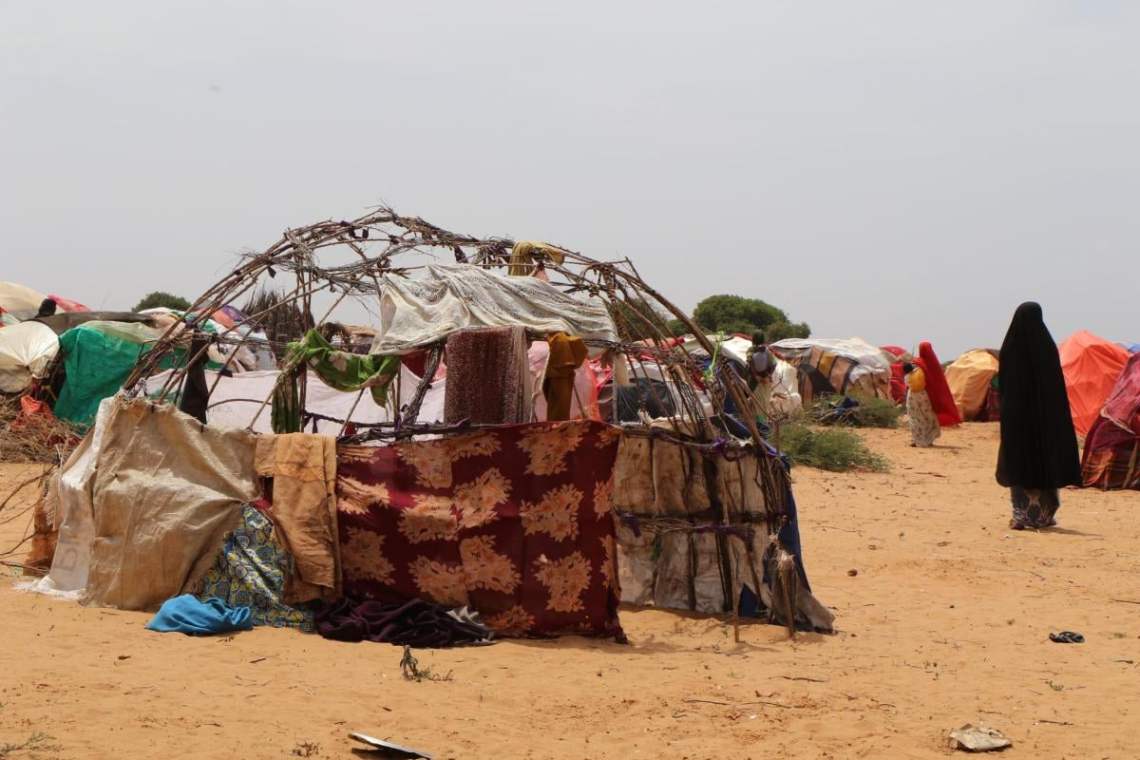World Bank provides 50 mln USD grant for drought response in Somalia

XINHUA|MOGADISHU: The World Bank has approved 50 million U.S. dollars in International Development Association (IDA) financing to help Somalia tackle a severe drought that has affected nearly 8 million people, World Bank Country Manager for Somalia Kristina Svensson confirmed on Friday.
The financing will provide critical resources to scale up the Somalia Urban Resilience Project Phase II (SURP-II)’s ongoing support to a total of 70 million dollars for drought-induced internally displaced persons (IDPs) flowing into urban centers, and improve their access to basic services.
“The World Bank-supported drought response puts the government in the driver’s seat to coordinate and oversee the emergency response,” Svensson said in a statement issued in Mogadishu.
Somalia is experiencing a historic dry spell with a predicted fifth consecutive failed rainy season, a situation not witnessed in more than four decades. The country is on the brink of famine as more than 7.8 million people are estimated to be affected by severe water shortages.
According to the World Bank, the impact of drought has been exacerbated by the COVID-19 pandemic and rising commodity prices due to the Ukraine conflict, and people are experiencing on average a 30 percent decline in income.
The lender said this grant will build on SURP-II’s existing institutional structures embedded in the government to oversee and coordinate the project’s drought response to be implemented by the International Organization for Migration (IOM) and its partners.
Somali Minister of Finance Elmi Nur said additional financing provided by the World Bank will be valuable in supporting the participating municipalities in delivering services to the most vulnerable members of the community at this critical time.
The project will provide water, sanitation, hygiene, health, and nutrition services as well as emergency cash transfers to help address the dire situation in Mogadishu, Baidoa, and Garowe, which are experiencing a large inflow of over 600,000 people this year alone, the World Bank said.